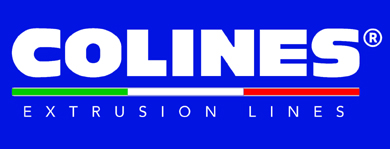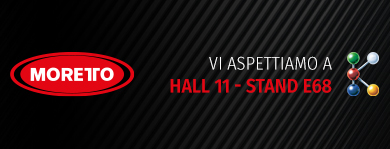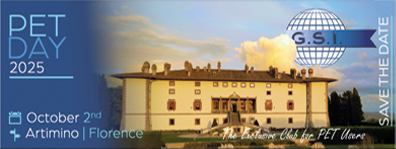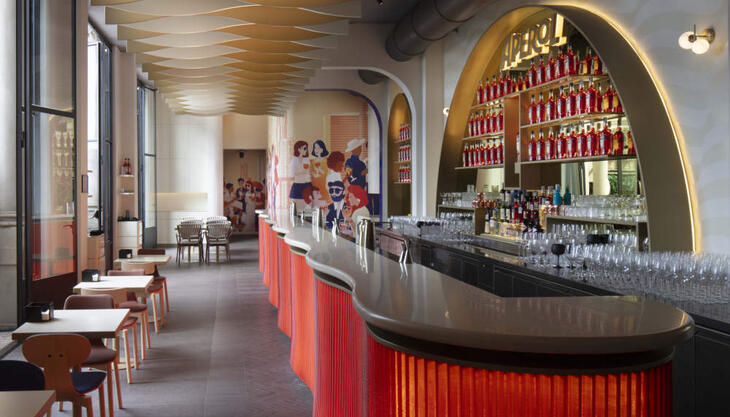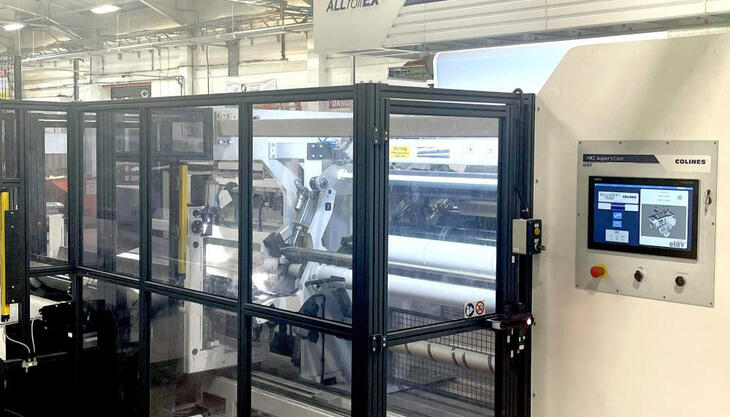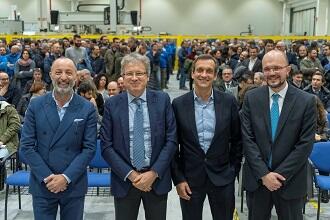
A technological development centre with special, state-of-the-art machinery to process composite materials, plastic, glass, stone and metal. An outlook onto the future of smart manufacturing for companies in state-of-the-art industries like car and aerospace, which here, can not only discover the latest innovations in terms of technologies and services, but can also carry out tests on future applications and have the result in real time on the performance of machinery thanks to the 4.0 digital services.
This is the new Technology Centre at CMS, a company based in Zogno (Bergamo, Italy) fully controlled by Scm Group in Rimini (Italy): a range of machinery representative of each of the divisions which nowadays, make this company one of the global leaders in the industrial machines sector for processing a variety of materials. A space, with a specific team, where companies can be welcomed and offered demos and services, where clients can receive training, as well as their collaborators and sales staff working across the globe, and events organised in line with the latest technological trends in the industry.
The machines on display are representative of CMS's most advanced models and are all linked to digital services and IoT (Internet of Things) apps to collect and analyse all the data in real time from the machines themselves, with a view to increasing productivity, reducing operating and maintenance costs and energy consumption.
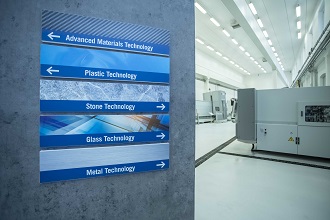
The investment plan
CMS's new Technology Centre is the "tip of the iceberg" of a detailed medium-long term strategy and a wider investment plan implemented by Scm Group for the company in Zogno.
The group ended 2019 with a turnover in excess of 700 million euros and the aim is to continue expanding, consolidating its leadership in their fields of expertise and acquiring new market niches in fast growing application fields. A contribution to this is also given by the real estate investment plan currently under way for the CMS headquarters due to double in size up to 30 thousand square metres. A strategic investment which, among other things, sees the revival of an area of significant historical importance which originally housed the headquarters of a symbolic local company, the former Mvb-Manifattura Valle Brembana.
“The opening of the new Technology Centre - explains Giovanni Negri, CMS' CEO - slots in organically and coherently to CMS's important strategic development project for the three-year period 2020-2022. This investment plan has its roots in the mission that has distinguished the company's DNA for more than 50 years: a continuous innovation to offer clients not machinery, but the ability to create solutions to transform the different materials, that they be created to meet their needs and precise aims, as CMS's founder, Pietro Aceti, great innovator and pioneer of various technological evolutions, loved to repeat each day".
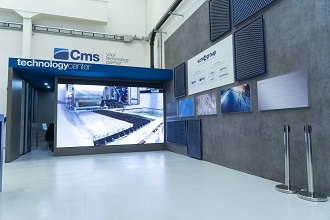
Of all the important research and development investments, CMS's CEO, Giovanni Negri recalls three projects of particular strategic relevance: "In 2020, we will work on finalising our additive manufacturing project which we are managing in the field of 3D printing in collaboration with the prestigious German institute for material research, the Fraunhofer Institute. It will be a genuine technological revolution in the field of thermoplastic and composite material processing". Another priority for the coming three-year period is the integration of the increasingly advancing automation and robotics systems. "The aim - explains Negri - is to use the robots not only for low value-added activities, like loading and unloading pieces, but also to integrate the possibility of additional operations on our machinery and to further simplify the work of our clients". The third project concerns the digital factory. "We will increase the digital services offered, making the most of our Industrial Internet of Things platform, CMS Connect. Thanks to this, our machines can be connected in cloud with performances measurable in real time even from a smart phone and our Customer Care service can rapidly deal with real client demands".
Over the last year, the CMS divisions have seen the launch of new machines and plants and other new models will follow in 2020. The innovation of products and services offered draw energy from a specific Innovation team which is part of the Group, working in close collaboration with some of the most renowned research centres across the globe. This allows CMS to perfect its skills and technologies, in particular, those linked to the development of an area of continuous evolution like composite materials (from carbon fibre to aluminium to light alloys) for the racing, car and aeronautical industries.
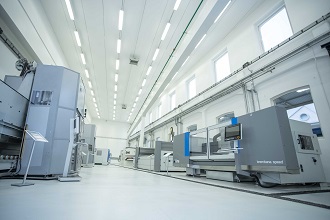
Collaboration across the globe
The technologies developed at the CMS production plant in Zogno are currently used by some of the most well-known names in the car and aerospace industries. The largest car manufacturers in the world, from Toyota to BMW, from Jaguar and Land Rover to Vuhl, the Mexican supercar, use CMS models to manufacture high precision stylish models and create components, while top Formula 1 teams use them for models and carbon fibre parts for the single-seaters. CMS machines were used to manufacture the moulds for the carbon fibre car body on Bologna University's "Emilia 4", the first Made in Italy solar powered electric car and winner of the American Solar Challenge 2018 in the Cruiser category.
CMS technologies also contribute to “shaping" the "racing cars" of the future. One of the most significant recent deals signed was with Volvo for the development at the Volvo Cars style centre in Gothenburg, certain exclusive interior finishing (precisely, the dashboard) on models due to be launched in a few years’ time by the Swedish car giant.
In the aerospace industry, CMS boasts collaborations with other industry giants like Boeing, SpaceX, IAI (Israel Aerospace Industries) and Rocket Lab. With this latter manufacturer, specialising in space launchers and based in California and New Zealand, CMS took part in a project involving a new robot for the construction of rockets.






